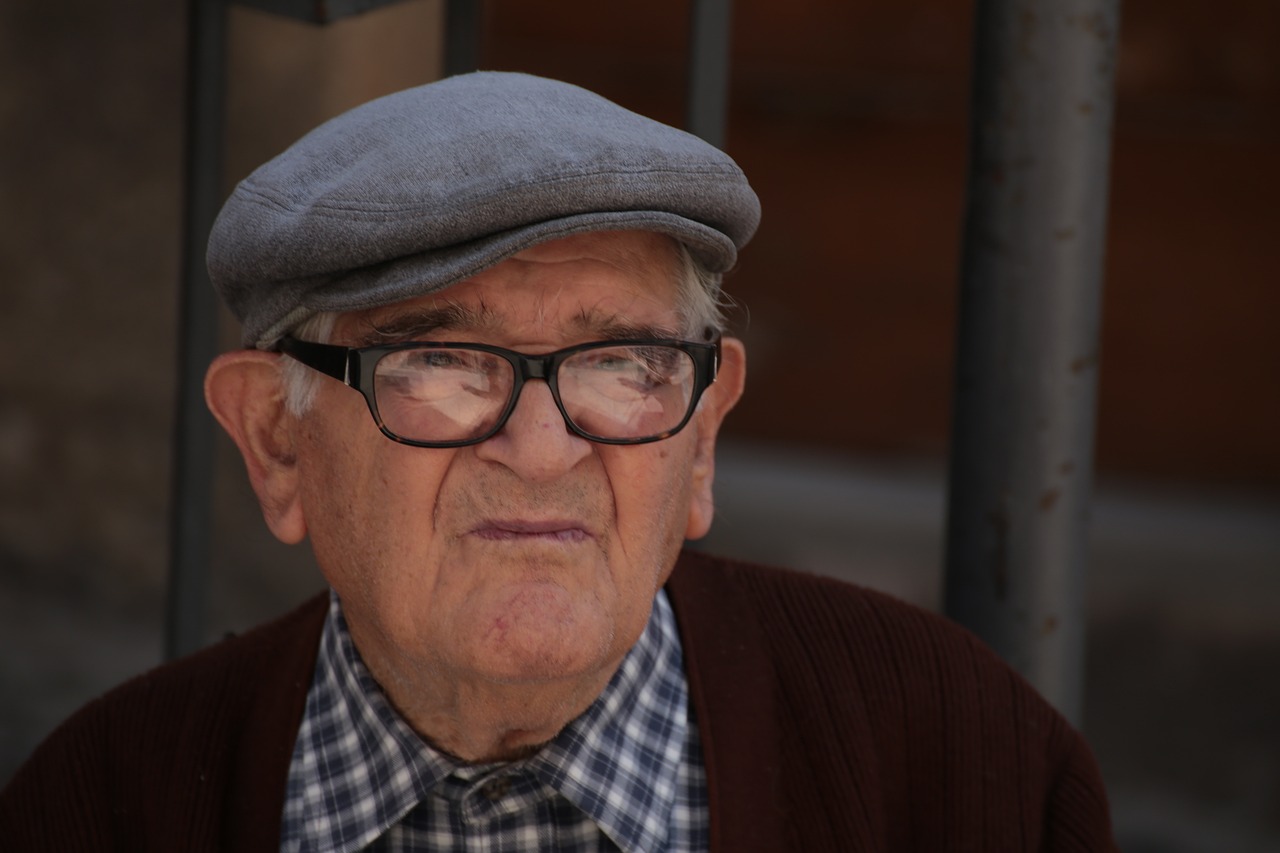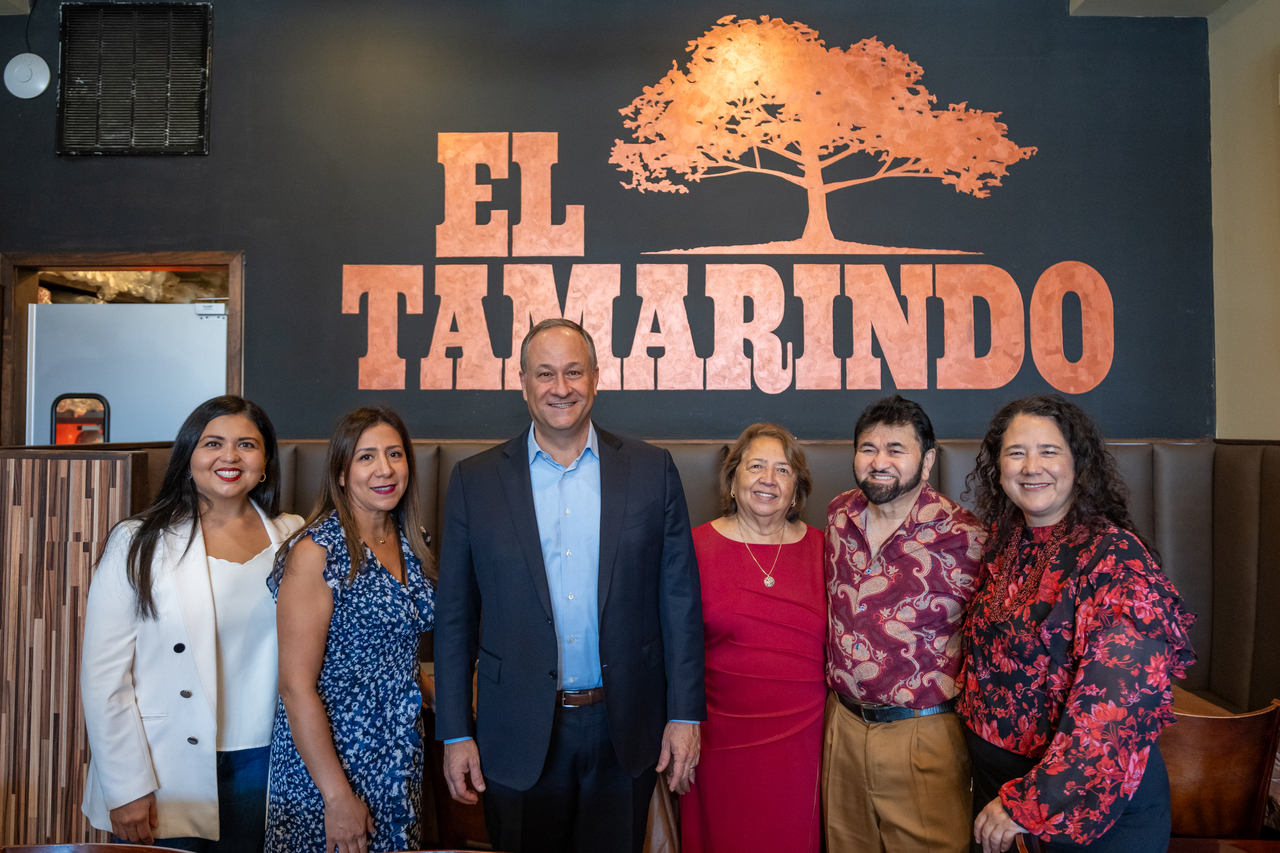
New Center for Brain Health Equity addresses high rates of Alzheimer’s and Dementia in Latinx and Black communities
A five-year, $1.5 million agreement between the CDC and UsAgainstAlzheimer’s is funding the initiative.
By 2030, 40% of all people living with Alzheimer’s in the U.S. will be Black or Latinx.
That data comes from UsAgainstAlzheimer’s (UsA2), a nonprofit dedicated to supporting those with Alzheimer’s and dementia across the U.S. and driving research into stopping it.
On Aug. 13, the nonprofit announced a collaboration with the Centers for Disease Control (CDC) to create a new Center for Brain Health Equity to address the disproportionate occurrence of Alzheimer’s and dementia in Latinx and Black communities.
The collaboration will be funded by $1.5 million over the next five years from the CDC’s Healthy Brain Initiative.
Other partners in the collaboration include the National Association of Hispanic Nurses (NAHN), the National Black Nurses Association (NBNA) and Alzheimer’s Los Angeles.
Beyond the estimated 2030 statistic, further data shows Latinx individuals one and half times as likely and Black individuals two to three times as likely to develop Alzheimer’s.
“Communities of color are at the center of our nation’s Alzheimer’s public health crisis,” said Jason Resendez of UsA2 in a statement announcing the new Center.
Resendez will also be its project director.
He said brainstorming for the actual center started in 2019, but planted its roots a decade earlier when funding for Alzheimer’s research saw a massive increase.
It led to breakthroughs about the causes of dementia and shifted treatment towards health and wellness as preventative measures. The extra funding also allowed for more research into its disparities among different communities of people.
Before 2016, much of that research into different communities targeted specific issues within those separate communities without looking at a bigger picture.
In that year, UsA2 realized that many of the issues regarding Alzheimer’s were the same in different communities, and the nonprofit started connecting the vast networks it had created in different underrepresented communities to one another for bigger collaborative efforts.
“In the last five years, we realized all the research around Alzheimer’s wasn’t making it into underserved communities,” said Resendez.
Despite incremental improvements and more funding, he also said still only 3% of therapy trials around Alzheimer’s include Latinx and Black subjects.
That is another disparity hoping to be improved by the new Center for Brain Health Equity.
RELATED CONTENT
However it’s not “disparity” that’s at the center of the project, but “equity.”
The Center is focused on using its vast network of community organizations and leaders to understand how equity-based issues like racism, housing, cultural competency, or healthcare affect the disparity of Alzheimer’s and dementia in communities across the U.S.
The trust from Black and Latinx communities will come from finding the right messengers in each community.
Nurses will also play a major role as “the most trusted in the healthcare system,” said Resendez.
In surveying them, UsA2 found that many nurses see dementia in their patients, but aren’t confident enough in their training to properly address some of the issues that arise.
Alongside NAHN and NBNA, the new Center for Brain Health Equity will also educate nurses in both organizations to better understand dementia and what they can do to help as another avenue to improved treatment for Latinx and Black communities.
In addition to educating those on the front lines, UsA2 is also developing a new mapping tool powered by the National Alzheimer’s Disease index to pinpoint communities that suffer more from dementia for targeted research.
The tool will also help researchers and policy makers better understand the overall health disparities within the entire healthcare system regarding Alzheimer’s.
Resendez said the overall goal of the tool is to leverage the data to create community maps that can then be distributed to community leaders to get the information directly to the communities most affected.











LEAVE A COMMENT:
Join the discussion! Leave a comment.